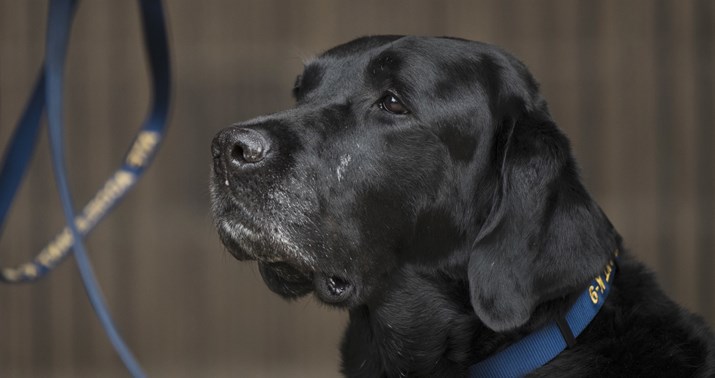
In 1966 the United States Supreme Court decided Miranda v Arizona (full case cite below). By the time I came along in 1976, Miranda cops carried “Miranda Rights Cards” (SAPD form 66-E) I still have and carry the Miranda Rights Card I picked up in the police academy, all those years ago. I used to could read it without glasses, no longer the six-point font defeats even my bifocals.
Miranda specified that suspects had: the right to remain silent, they didn’t have to talk with police and could have a lawyer present to represent them should they decide to talk. If they couldn’t hire a lawyer, one would be appointed for them now, or at any other time. The suspect could invoke his rights at any stage of the proceedings.
I have always maintained that while Miranda was good law, it was lousy psychology. Like Ron White said, “I may have had the right to remain silent, but I didn’t have the ability.”
I was somewhat surprised to see that Popehat had a new post on a recent Miranda style decision Obligatory-ask-lawyer-dog-invoking-right-counsel-post/.
Here are the facts, you decide Warren Demesme, then 22, was being interrogated by New Orleans police in October 2015 after two young girls claimed he had sexually assaulted them.
The cops continued their interrogation, and Demesme eventually gave it up and made incriminating statements that led to his conviction. Warren then appealed claiming that he had invoked his right to counsel before the incriminating statements were made and the questioning should have stopped. “This is how I feel, if y’all think I did it, I know that I didn’t do it so why don’t you just give me a lawyer dog ’cause this is not what’s up.”
By a 6-1 vote, the Louisiana Supreme Court refused to hear his appeal. How come? Only one justice, Crichton, was willing to explain his reasoning. It’s a doozy.
As this Court has written, “[i]f a suspect makes a reference to an attorney that is ambiguous or equivocal in that a reasonable police officer in light of the circumstances would have understood only that the suspect might be invoking his right to counsel, the cessation of questioning is not required.” State v. Payne, 2001-3196, p. 10 (La. 12/4/02), 833 So.2d 927, 935 (citations omitted and emphasis in original); see also Davis v. United States, 512 U.S. 452, 462, 114 S.Ct. 2350, 2357, 129 L.Ed.2d 362 (1994) (agreeing with the lower courts’ conclusion that the statement “[m]aybe I should talk to a lawyer” is not an unambiguous request for a lawyer). In my view, the defendant’s ambiguous and equivocal reference to a “lawyer dog” does not constitute an invocation of counsel that warrants termination of the interview and does not violate Edwards v. Arizona, 451 U.S. 477, 101 S.Ct. 1880, 68 L.Ed.2d 378 (1981).
Is that it? Does this whole case hang on a comma and ebonics?
“Give me a lawyer dog (dawg)” or “Give me a lawyer, Dawg (Dude, Mister, guy, officer)
The rest of the court upheld the conviction but did not give a reason. Popehat speculates that the court may have decided that the request for an attorney was conditional and therefore not unequivocal and did not meet the standard necessary to invoke counsel.
Who said Judges don’t have a sense of humor?